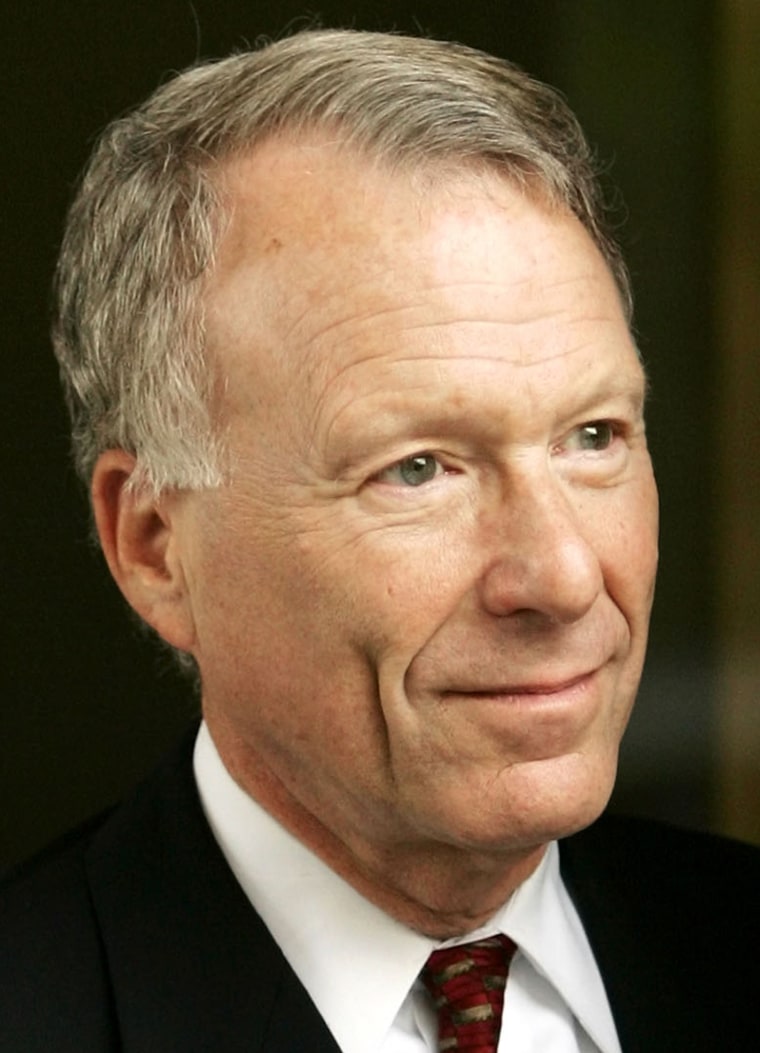Trial is set to begin in the perjury and obstruction trial of former top White House aide I. Lewis "Scooter" Libby. Libby is the only person to be charged in the three-year probe into who leaked the name of CIA agent Valerie Plame.
It's a trial that may have little or nothing to do with the Iraq War, but still it may go to the heart of the war debate that is consuming America - involving allegations of forged documents, covert operations, the machinations of political operatives, and a spy's cover blown - events that eventually led to a U.S. invasion of Iraq.
Prosecutors say Libby, Vice President Dick Cheney's former chief of staff, lied to the FBI and a grand jury about his conversations with three reporters regarding how he found out and what he told them about CIA officer Plame.
They say Cheney urged Libby to "get out 'all' the facts," about a CIA fact-finding trip to West Africa made by Plame's husband, former ambassador Joseph Wilson, to investigate alleged ties to an Iraqi weapon program. This included, according to prosecutors, spreading a story that the trip was a junket arranged by his wife.
Even though the judge has specifically stated that he does not want this trial to become a debate on the war, jurors who will decide Libby's fate, in a trial that is likely to last four to six weeks, may be brought on a long and sometimes confusing journey likely to begin months before the start of the Iraq War, early in 2002, when the administration was still making its case for war.
The first leaker
Libby has not been charged with the crime of leaking the name of a classified CIA operative, which was the main reason for commencing the investigation in the first place.
In fact, the first official to spill Plame's name to reporters was former Deputy Secretary of State Richard Armitage, who ironically was not considered a pro-war advocate. Armitage has not been charged with any crime, saying his disclosure was an inadvertent slip.
One of the reporters Armitage spoke with, syndicated columnist Robert Novak, was the first to publish Plame's name.
Special Counsel Patrick Fitzgerald’s case may have been weakened by revelations that he knew early in his CIA-leak probe that Libby wasn't the original source of news-media disclosures. Fitzgerald's success may depend largely on how well he can keep the jury focused on his charge that Libby 'knowingly lied' to federal agents during his probe into the leak of Valerie Plame's identity.
Memory defense
Libby's defense team will likely emphasize that their client had no reason to lie to investigators because Libby simply did not remember details of White House briefings when Plame may have been mentioned, and may have misspoken to FBI investigators because of his faulty memory.
The defense team will produce dozens of summaries of highly classified briefings Libby attended to show he was consumed by weighty national security issues as varied as unrest in Liberia, the Israeli-Palestinian conflict and threatened attacks by al Qaida.
Libby told investigators that he first learned of Plame when speaking to NBC's Washington Bureau chief, Tim Russert. Russert denied that Plame came up at all in their conversation.
(MSNBC.com is owned, in part, by NBC News.)
The Libby trial is set to begin Tuesday, with jury selection. A panel of 100 prospective jurors will be interviewed in the courtroom of U.S. District Judge Reggie Walton. The process, called “Voir Dire”, is scheduled to take three days, when a jury of 16 people will be seated, 12 jurors the others alternates.
The entire jury panel will be asked more than thirty questions individually on the witness stand, including their opinions of public figures likely to testify, including Vice President Dick Cheney. They will also be asked about their opinion of media personalities, including NBC's Washington Bureau Chief Tim Russert and star Washington Post reporter Bob Woodward, both of who may testify at the trial.
Joel Seidman is an NBC producer based in Washington, D.C.
